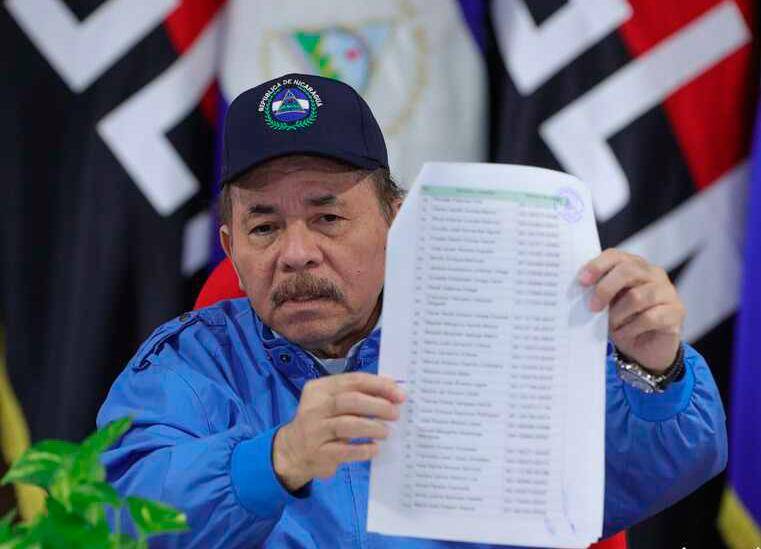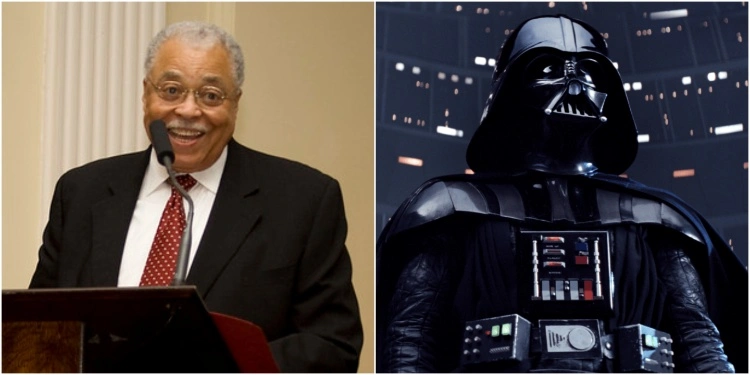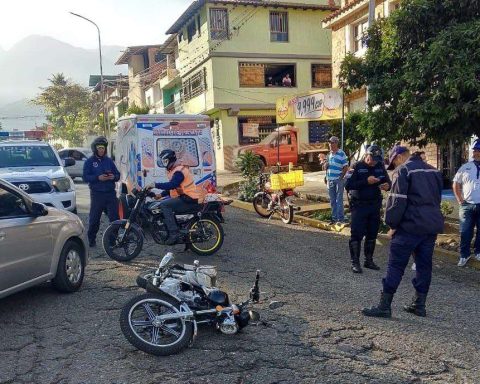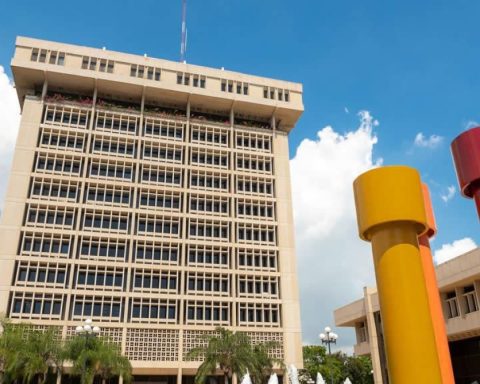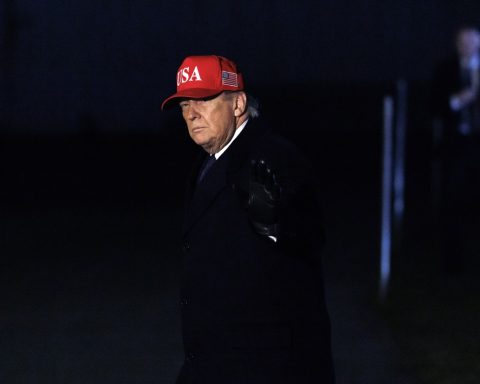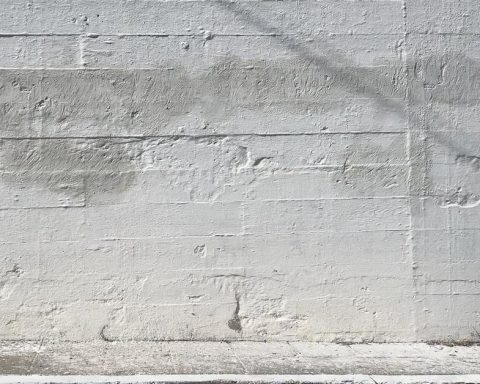Fabiola Martinez and Lilian Hernandez
The newspaper La Jornada
Monday, September 9, 2024, p. 5
In light of the constitutional reform that involves the popular election of judges, the president of the National Electoral Institute (INE), Guadalupe Taddei, made an urgent call to the Legislative and Judicial powers to prepare – as soon as the change is made – an agreement for collaboration and exchange of information. that allows the electoral process to be carried out in harmony
.
In an interview with The Daythe counselor raised a dozen basic questions that should be answered, preferably, in a secondary law of the reform, and if this does not happen, the referee would move forward by means of agreements, as occurred in 2014 due to the gaps left by the Legislature to move from the Federal Electoral Institute to the INE.
If this reform of the judiciary is implemented, Taddei stressed that action must be immediate and without fear. These are the things we have to reflect on, but the INE does not have much time.
.
From his perspective, it is necessary to generate a culture for the election of judges, magistrates and ministers, in the same dynamic that began 30 years ago, from which citizens have become familiar with the voting booth, ballot boxes, ballots, etc. The big wonder is going to be communication. How do you convey all this?
On August 23, the INE concluded the 2023-2024 federal election process, with the assignment of proportional representation legislators; now it must open several avenues to first prepare its budget project for next year and design the support for the elections in two states; at the same time, it said that regulations and aspects of electoral organization must be reviewed, since the sector has gone 10 years without any reform.
Working without regulatory law
Just a few weeks ago, the 11 councillors left the city for two days of private talks; since then, they have put on the table the challenge of judicial reform and the necessary work that must be done while resolving internal matters.
On July 30, the president of the council asked those involved in the reform, from a forum held in the Chamber of Deputies, to clarify the characteristics of the election of judges; a little after a month, she reiterated the request under the warning that the INE We will have to put together this whole election of the Judicial Branch
if necessary through agreements.
Today it seems that this will be the first route to be followed because I am not hearing of the existence of a regulatory law that enables us in each and every one of the steps that we will have to follow.
Hence the questions: “Are we going to set up 170,000 polling stations? Will there be representatives? Will there be campaigns, prerogatives, counting at the polling stations? Are you going to set up voting centers or polling stations by section? Up to 750 voters per polling station? What will the ballot be like? How will the ballot be made clear and transparent? Where will the votes be counted? All of this forces us to prepare.
I believe that there will be a space, once these deliberations of the Legislature take place, to sit down with those who are guiding this and see the scope of the reform and then take action, because as far as I remember having read, once it has been published, the INE will have to be installed in an electoral process.
He added that now the responsibility is enormous. Because we must deliver results and find the formula to elect the members of the Judicial Branch, beyond whether the people who work at the INE agree or not with the reform. It is a constitutional mandate that is coming and that instructs the INE to execute and implement a reform of this magnitude.
.
Although this task is assigned to the INE It is a compliment
the referee must be given the necessary budget, maybe more
(what was invested) in the recently concluded federal process. But above all, to provide accurate information to make this unprecedented election a reality and, as stated, to sign a collaboration agreement with the Legislative and the Supreme Court of Justice to make it clear the technical and operational flats
.
–Would you hold an election of judges without a secondary law?
–Yes, because it is enabling you to make all the decisions you consider pertinent to carry out the exercise. In this case, it would be through agreements of the General Council that become internal regulations, specifically for the electoral process of the Judicial Branch (…) But that is on the subject of the hows; we would have to wait for the reform to reach us, if it happens.
There is no answer yet. These are the things we have to reflect on, but the INE does not have much time.
–Are you afraid of this challenge?
–Of course not, there is no need to be afraid.
–Are they making the INE grope in the dark?
–There are certain lines of action that arise from the reform itself, that is, you should take care of this or that, and you build the rest. I suppose there will be a very quick approach with the Legislative Power to see all the effects, fundamentally the budgetary ones, and we will build the rest, if (the legislators) do not do it. We have as a starting point what we already know how to do and we do it very well.










